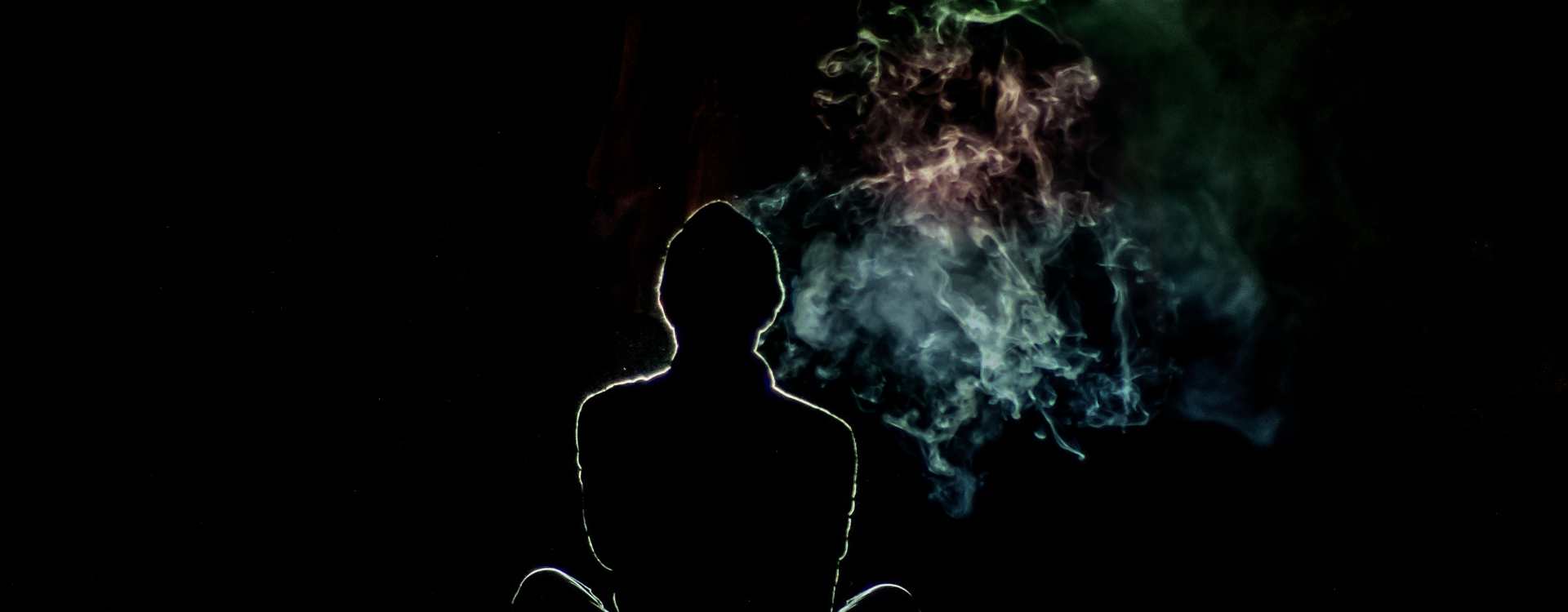Uhoma
Life without magic is fine, they said. You can do so many things physically, they said. You're just like us, they said!Uhoma is condition wherein the sufferer cannot cast magic of any kind. There are multiple forms, some of which are congenital and some which are acquired, most frequently through curses or magical malpractice.
They are all fools. They don't know what its like. They don't know how much it disappoints your family, how pitifully people look at you, or how painful it feels to know the magic is there, but you can't touch it. It's right fucking there. I can almost fucking taste it!
Causes
Uhoma can be contracted three ways - genetically, magically, and physically. Uhoma is a genetic condition, which can be passed from parent to child, as well as bypassing generations as it pleases. As far as can be determined, it selects its sufferers randomly, and may lie dormant for multiple generations. The presence of strong mages within a family makes it more likely to occur, likely relating to magical forms of uhoma.
This most commonly occurs as what is called 'spell exhaustion', where an overuse of magic will prevent a caster from accessing their magic for an amount of time. As powerful magicians regularly use vast quantities of magic, it is theorised that their spell exhaustion may pass onto their children, limiting or outright sealing their magical potential. This is not the only magical form, however. A malicious form is that of curses, which would normally only temporarily seal away someones magic. On young children or magically weak individuals, this may become a permanent affliction.
Uhoma can also be acquired physically, usually as a result of severe head injury or from a disease which affects the brain. In these situations, it is because the part of the brain responsible for accessing magic is damaged.
Symptoms
All forms of uhoma manifest in the same way - an inability to cast magic. This is usually the only symptom, unless the uhoma was caused by a separate condition or incident. There are some differences, however. For some uhoma sufferers, the issue is that they have no latent magic, but have the theoretical capacity to cast magic. For others, their issue is that they cannot cast what magic they possess. In cases of the latter, an uhoma sufferer can still acquire magic-based diseases, while the former cannot.
Treatment
Treatment depends on the form of uhoma and the method of acquisition. Where an uhoma sufferer genetically cannot access their magical stores, there is no cure. Where an uhoma sufferer possesses no magic, many are able to work around this limitation through the use of pre-prepared charms and trinkets, which store magic on the users behalf.
Where the afflicted has been cursed with the condition magically, it can be possible to reverse it by removing the spell in question. This isn't guaranteed, especially the longer they have dealt with the curse, and may cause side effects depending on the spells used. Where the condition is acquired due to physical trauma? Recovery is very unlikely.
Prognosis
Uhoma is not fatal or even particularly debilitating, and many sufferers are perfectly capable of long and healthy lives without access to magic. Naturally this depends on how they came to suffer from uhoma, but in those cases the death is associated with the curse or injury rather than the condition itself.
Prevention
To prevent children from being born with the disease, many parents like to wear charms with high amounts of magic stored, in the hopes that their unborn children will absorb some of it. Talented mages are also known to cast spells, originally designed to make teaching magic to student easier, on their unborn children, in the hopes it will keep their ability to cast intact. Whether either of these work is unclear.
History
Uhoma has existed for centuries, mostly as the semi-random congenital version. After The Collision and the boom in magic and understanding it sparked, there have been occasional situations where angry Planar Mages have cursed entire towns and cities with the condition, which has naturally had long term affects on the casting ability of generations. Due to the illegality of many forms of Planar Magic, and the overall severe drop in such magic after The Separation, this has become far less common over time.
Cultural Reception
Uhoma sufferers receive a mixed reception. This is due to the ease at which it is possible to confuse someone with the condition for someone who simply hasn't received magical training or has no use for magic, as is very common in poorer communities. In richer communities, as well as families with a higher magical focus, afflicted often face verbal and physical abuse, and can sometimes be forced to undergo painful and unproven methods in an effort to cure them.
By and large, uhoma sufferers rarely suffer, unless their condition is made public in the wrong circles or with the wrong people.
By and large, uhoma sufferers rarely suffer, unless their condition is made public in the wrong circles or with the wrong people.
Type
Magical
Origin
Natural
Cycle
Chronic, Acquired & Congenital
Rarity
Rare




Though the outcome of the disease is simple, I love all the nuance and culture and rituals surrounding it, especially the fact that parents wear charms to help get more magic into their unborn children! I've seen a couple entries where a lack of magic is treated as a condition and it's important to say why it matters and how it affects society, so I'm very glad you've done exactly that here.
Check out my summercamp by going here and checking out any of my gold-star articles!